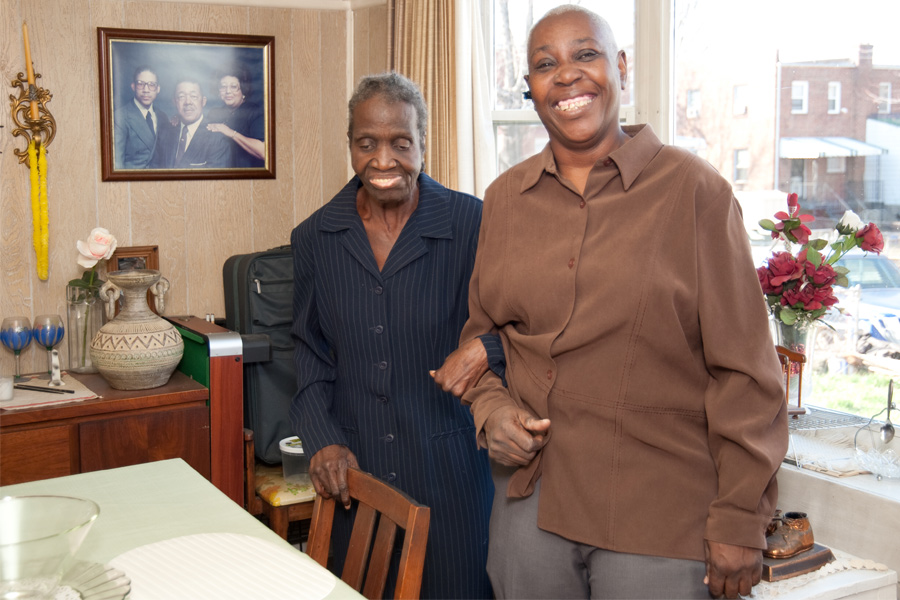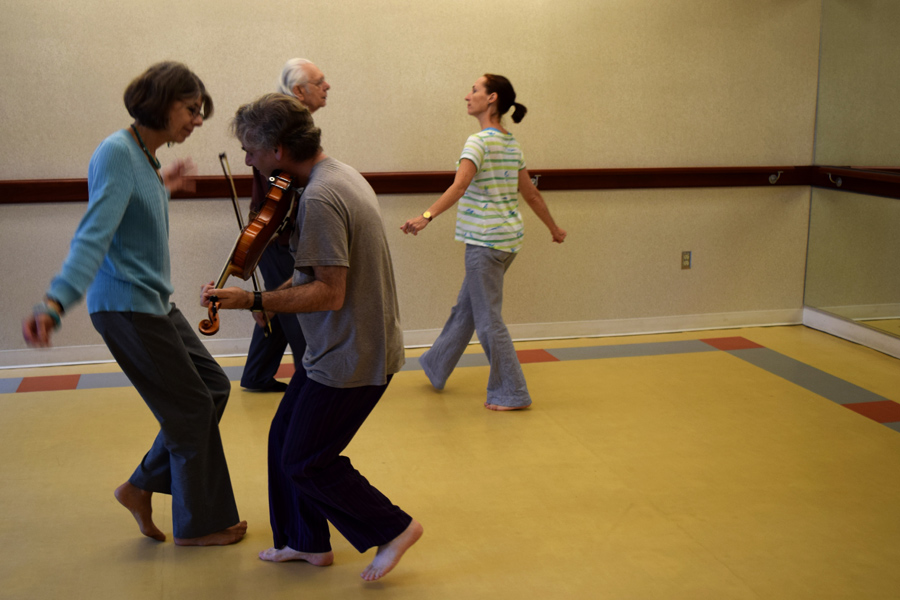Do Not Fall Victim to COVID-19 Scams

No one wants to be taken advantage of. Older adults are commonly key targets and victims of financial fraud and exploitation. Since the start of the COVID-19 pandemic, there’s been an increase in scams toward older adults. And at Iona, we want to help keep older adults like you safe from falling victim to new scams. You can help prevent this from happening to you or someone you care about by being aware of what to look out for and knowing what to do if you suspect foul play.
We compiled a list of scams to be aware of during the COVID-19 pandemic. These scams are primarily being committed via telephone calls, text messages, and emails, so pay close attention, especially to who the sender is.
Scammers may claim or offer:
- A COVID-19 cure or vaccine (no cure has yet been identified; ignore immediately)
- Charity or donations
- Free or at-home COVID-19 testing kits (home tests do not exist; ignore immediately)
- Health or medical insurance options
- Work-from-home opportunities
- Unexpected calls or robocalls (these calls may claim to be from a legitimate organization or entity, for example, Social Security or Medicare, and scammers may even act like doctors or medical professionals)
- Selling or promotion of protection materials and products against the virus, including masks
- False claims that you’ve won something—if you were to win something, you would have entered contest or be aware
- Scams referencing food stamps and targeting Supplemental Nutrition Assistance Program (SNAP) participants
- Spam text messages. Learn more about recognizing and reporting them here.
This list of potential scams may be overwhelming, but here are steps you can take to stay protected.
- Do not ever give out personal or sensitive information without KNOWING exactly who you are communicating with AND why you are providing such information. If you receive any unexpected communications via phone, mail, or email, most likely it is a false or misleading claim, ask, or offer. If you are still unsure or unclear, do your research by only calling phone numbers from existing documents, statements or pamphlets that are already in your possession, and by visiting the official website for the organization that’s claimed, and locating the main number there. Try to talk to a live person and confirm what you were offered or presented is true.
- Hang up on robocalls and unknown callers. If you receive a call that sounds like you are talking to a robot or you suspect something is suspicious or off, follow your gut and hang up.
- Contact your phone service provider about security and call-blocking tools. You can also register your number with the National Do Not Call Registry to restrict contact from telemarketers.
- Do your research on charities you choose to support. Never give donations through cash or gift cards or by wiring money.
- Brush up on your technology (e.g. devices and app capabilities). Explore and research the capabilities of your devices and phone, tablet, or computer applications, and if you do not feel completely comfortable with technology, ask a friend or family member for help. You can also check out one of the following services that provides free and low-cost tech support to older adults: Connect.DC – Digital Inclusion Initiative, or Teeniors: Tech Savvy Teens Empowering Seniors.
In addition to taking the previously listed precautions, you can read these common tactics used by scammers on older adults from SeniorLiving.org. For more information on how you and your loved ones can remain safe from fraud and exploitation, visit the following webpages.
- AARP Fraud Watch Network
- Top 10 Financial Scams Targeting Seniors
- Fraud Against Seniors
- BBB Scam Alert: Top tricks used to scam older adults
If you suspect that you or someone you know has fallen victim to a scam, call or visit the DC Department of Aging and Community Living (DACL) at (202) 724-5626. If you live outside of DC, you can visit the Eldercare Locator to locate the nearest eldercare agency.
Call or visit our Helpline if you need support identifying additional resources or help with aging or caregiving related concerns at 202-895-9448 or info@iona.org.
Sources:
Related Articles

The Stories of Dementia in the District

A Couple’s Vows Create Opportunities to Age Well

Can You Imagine Taking Three Buses to Get to Iona?

